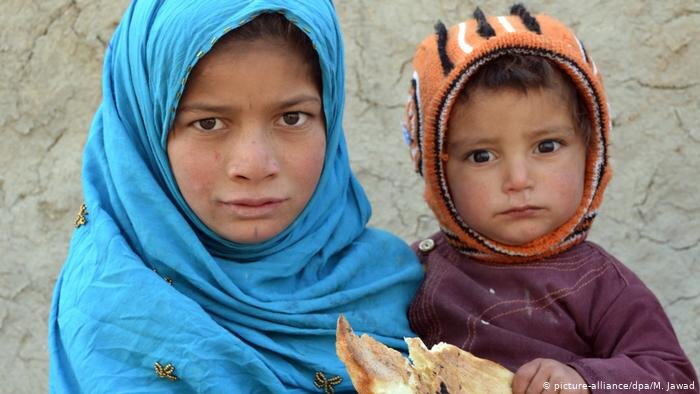Japan, WFP support refugees in Iran

TEHRAN – The Government of Japan has contributed $875,000 to support refugees in Iran through the United Nations World Food Program (WFP).
This contribution supplements a grant of $7 million in March 2020 to support the WFP COVID-19 response in Iran. This contribution will be utilized to purchase wheat flour, pulses, and oil for the most vulnerable refugees living in settlements in Iran.
“We’re extremely grateful for the Government and people of Japan for their continued support to our operations in Iran,” said Negar Gerami, WFP Representative in Iran. “Refugees are the most vulnerable group in a society and they need support now more than ever to recover from the effects of the COVID-19 pandemic.”
WFP currently supports 31,000 destitute Afghan and Iraqi refugees living in 20 settlements across the country with food, education, and livelihood assistance.
Kazutoshi AIKAWA, Ambassador of Japan to Iran, said that “supporting refugees is one of the priority areas of the Japanese Official Development Assistance to Iran. The spread of COVID-19 in Iran has definitely affected the living situation of vulnerable groups, including refugees. The Government of Japan recognizes that the cooperation with WFP in Iran, which has continuously supported the food and sanitation of refugees in Iran, is effective in order to sustain the lives and livelihoods of the refugees in constantly worsening conditions.”
Iran has been hosting one of the largest refugee populations in the world for well over three decades.
Two million foreign nationals residing in Iran
Deputy Interior Minister Javad Naserian said last week that about one million documented foreign nationals are residing in Iran, and perhaps another one million are illegally living in the country.
At the end of 2018, Iran hosted close to one million refugees, making it the sixth-largest refugee host country in the world. The country was also the eighth largest refugee-hosting country in the world in 2019, hosting 951,142 Afghan refugees and 28,268 Iraqi refugees, according to the UNHCR.
One of the largest and most protracted urban refugee populations in the world is living in Iran; about 97 percent of refugees live in urban and semi-urban areas, while three percent are residing in 20 refugee resorts run by the UNHCR's main government counterpart.
Undocumented Afghans have access to free primary health services and similarly free COVID-19 related testing, treatment, and hospitalization, just like nationals.
In Iran, UNHCR is seeking $16.2 million for its COVID-19 emergency, while requires an additional $98.7 million to support Iran in maintaining and sustaining its commendable inclusive refugee policies, under the umbrella of the Solutions Strategy for Afghan Refugees.
FB/MG
